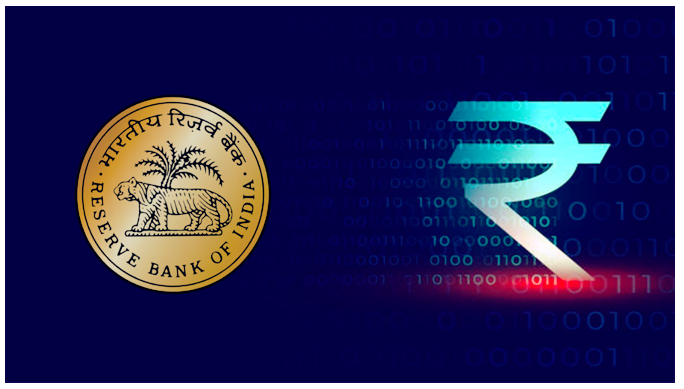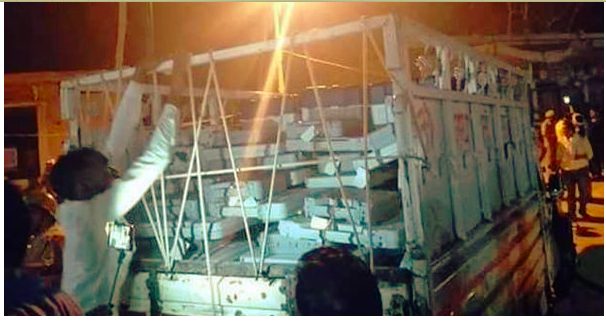The Reserve Bank of India (RBI) will launch the first pilot for the retail version of the Central Bank Digital Currency (CBDC) from , Friday December 1, exactly a month after it started a pilot for the digital rupee-wholesale segment.
A CBDC is a legal tender issued by a central bank in a digital form. It is exchangeable at par with existing currency.
CBDC is more anonymous than traditional digital transactions. In CBDC, the core banking will have a one-time debit for currency purchase, but all subsequent transactions will move from wallet to wallet.
Based on the usage and functions performed by the CBDC, and considering the different levels of accessibility, it can broadly be of two types
(i)general purpose (retail) (CBDC-R) – e₹-R &
(ii)wholesale (CBDC-W) – e₹-W
CBDC-R is an electronic version of cash primarily meant for retail consumption.
Retail CBDC can provide access to safe money for payment and settlement as it is a direct liability of the central bank.
For CBDC-R, a token-based CBDC with tiered architecture model was proposed wherein the RBI shall only issue and redeem e-rupee while the distribution and payment services will be delegated to banks.
Retail CBDC (e₹-R) would be potentially available for use by all viz. the private sector, non-financial consumers, and businesses, while wholesale CBDC is designed for restricted access to select financial institutions.
Rapid acceptance of digital mode of payments is one reason for the possible success of retail CBDC.
The pilot project will be in the form of a digital token that represents legal tender.
It will be issued in the same denominations as paper currency and coins, and will be distributed through intermediaries, i.e. banks.
Users will be able to transact with e₹-R through a digital wallet offered by the participating banks and stored on mobile phones/devices.
The transactions using the retail CBDC can be both person-to-person as well as person-to-merchant, and payments can be made using QR codes shown at merchant locations.
The retail CBDC will not earn any interest. It can be converted into other forms of money such as bank deposits.
The Reserve Bank Digital Payment index (RBIDPI) demonstrates significant growth in adoption and deepening of digital payments across the country.
However the retail pilot project will initially cover four cities Mumbai, New Delhi, Bengaluru and Bhubaneswar. It will be subsequently extended to Ahmedabad, Gangtok, Guwahati, Hyderabad, Indore, Kochi, Lucknow, Patna, and Shimla.
The RBI has identified eight banks for phase wise participation in the retail CBDC pilot and the first phase shall commence with four lenders State Bank of India, ICICI Bank, YES Bank, and IDFC First Bank.
Four others Bank of Baroda, Union Bank of India, HDFC Bank and Kotak Mahindra Bank shall join the pilot later, the RBI said.
Earlier on 1 November the e-rupee or digital rupee was made available for the wholesale segment
RBI then stated that the use case for the wholesale pilot is settlement of secondary market transactions in government securities.
Use of e₹-W, or wholesale, is expected to make the inter-bank market more efficient, it said adding that, settlement in central bank money would reduce transaction costs by pre-empting the need for settlement guarantee infrastructure or for collateral to mitigate settlement risk.
“Going forward, other wholesale transactions, and cross-border payments will be the focus of future pilots, based on the learnings from this pilot,” RBI during November launch has said.
Union Finance minister has said earlier CBDC will boost the digital economy and it will be based on the blockchain technology and thus not to be confused with cryptocurrency,









